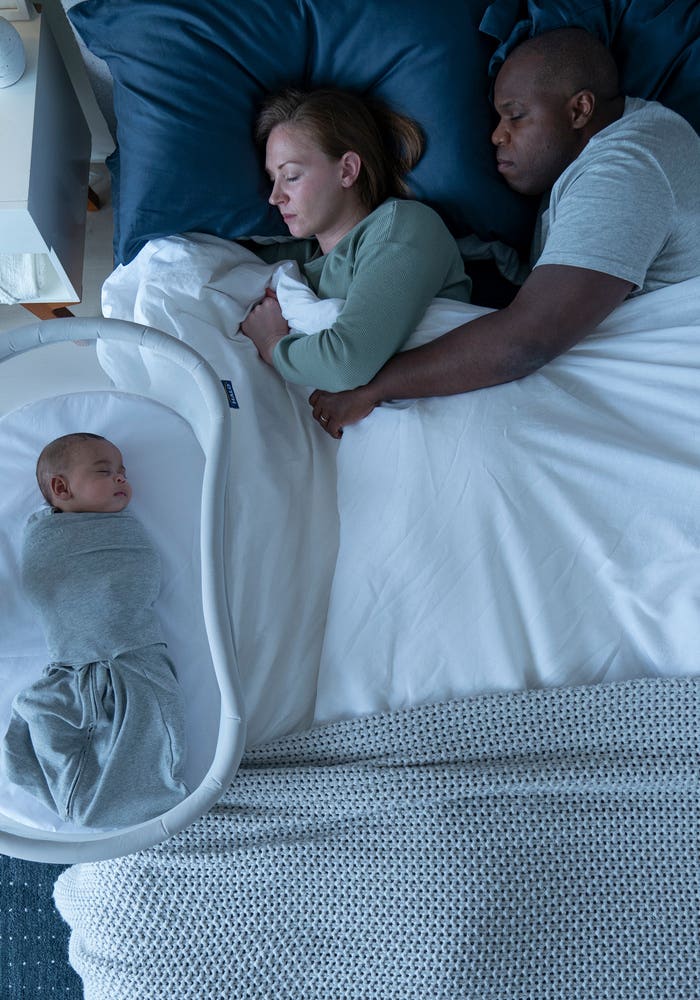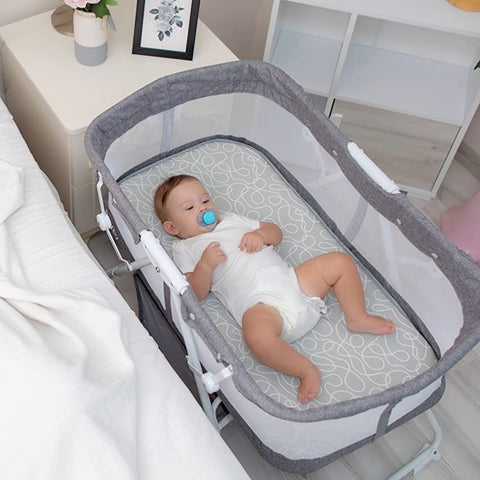Roads & PavementRoads & Pavement
Barefoot
Minimal
Low
Medium
High
Maximal
All around running shoes offer comfort and cushioning for daily runs, jogs, walks, and long mileage. They offer enough versatility for both faster and slower runs and are a great option for those who want one running shoe to do it all.
Fast run or uptempo running shoes are lightweight and responsive. They offer streamlined designs that have minimal uppers and offer a high level of energy return. These shoes are a great option for faster runs in the week or those looking for a livelier experience.
Max Cushion shoes offer premium cushioning with ample ground protection and a stable ride. These types of shoes provide abundant impact protection that softens landings while running at any pace or distance. These types of shoes are best for slower recovery runs and easy days where comfort takes priority.
Racing shoes are designed with optimal performance in mind. These types of shoes have snug-fitting uppers, energetic midsole foams, and features implemented for maximum efficiency. These types of shoes are best for runners looking to gain the ultimate advantage in races but may sacrifice some durability and comfort.
Gym Workout shoes offer a stable and versatile ride. They have a firmer underfoot feeling that provides stability for lateral movements with comfortable uppers. These types of shoes are best for trips to the gyms, cross training, casual wear, and light running. Do you need a bassinet Pros and cons Magic Beans
Road running shoes feature smooth outsoles that are designed for running on paved surfaces such as roads, sidewalks, and bike paths.
Designed to handle most trail runs, these shoes prioritize comfort and a smooth ride. These shoes are great for anything from smooth singletrack, park trails, and fireroads making them ideal for those who run from their doorstep on streets before hitting the trail.
These shoes are best used for hard, rugged trails such as shale, granite or sandstone where grip on smooth surfaces and underfoot protection are important.
Designed for use in muddy, soggy conditions, these shoes feature very aggressive outsoles that dig deep into soft ground for exceptional traction.
These shoes feature technical outsoles designed to grip snowy and icy trails making them ideal for winter trail running.
Cushioning level, or stack height, refers to how much shoe is between your foot and the ground. For this category, we reference the amount of cushioning below the forefoot as the heel height will be equal to or greater than the forefoot height.
Airplane Bassinets How to request how to use them age weight
0-13mm. The Shoe generally does not have a midsole and feels like there is no cushioning. This shoe is all about feeling the ground underfoot.
14-18mm. The shoe has a thin midsole that allows for a natural running experience. Racing shoes and minimalist shoes are common here. These shoes offer a feeling of being connected to the road or trail.
19-23mm. The shoe has a slightly cushioned feel and may feature added cushioning technologies. Performance training shoes and some trail shoes are common here. These offer protection during footstrike but prioritize a lightweight, grounded experience.
24-28mm. These shoes have a stack height that fall near the middle of the spectrum.The shoes in this category are verstaile and great for all types of runs and distances.
29-34mm. The shoe has a thick midsole and ample cushioning. These shoes are highly protective and absorb more impact than the body.
35mm plus. The shoe has an extremely thick midsole and extra cushioning. The focus is on protection and soft foam underfoot with hardly any ground feel.
Neutral shoes support the foot through a normal range of arch collapse and generally do not have a built-in technology to correct movement.
Stability shoes are a great option for those who overpronate or need added support. These shoes help to limit the inward rolling motion of the ankle while running or walking and assist in guiding the foot straight through the gait cycle. Do You Need a Baby Bassinet Pros and Cons Besrey
Product Details:
Bassinet Stroller Here s What You Need to Know About This Popular store, Airplane Bassinets How to request how to use them age weight store, Do I Need a Bassinet Stroller Everything You Need to Know store, How Many Crib Sheets Do I Need Today s Parent store, Do You Need A Bassinet For Baby babyhood store, Bassinets and Safe Sleeping Red Nose Australia store, 13 Best Baby Bassinets for Safe Sleeping in 2024 store, Snoo Review What We Did and Didn t Love About the Pricey Smart store, Pregnancy Help Hastings and Napier Do you need a Bassinet for store, Bassinet vs. Crib Do you Need Both for Your Newborn Besrey store, Bassinet Vs. Crib What s The Difference And Which One Is Best For You store, Do you need a bassinet stroller for your little one Families store, The ONLY Times You Need a Bassinet Survey Results Alternatives store, How to Choose between a Playard versus Bassinet store, Bassinets on Airplanes What You NEED To Know Baby Can Travel store, Do You Need A Bassinet For Baby The Essential Guide store, Ask Babybee Do I really need a bassinet store, Do You Need A Bassinet For Your Baby store, Choosing a CPSC Certified Bedside Bassinet for Baby store, Do You Really Need a Bassinet Alternatives shoestring baby store, When to move baby from bassinet to cot Australia asks Koala AU store, Everything You Need To Know About Bassinets Love to Dream NZ store, Do You Need A Bassinet For Baby The Essential Guide store, Do You Need a Bassinet And Are They Worth The Money Natural store, What To Do If Your Baby Won t Sleep In Their Bassinet store, Bassinet vs Crib Which is Better for Your Newborn Halo Sleep store, Do You Need a Bassinet Quick Guide to Buy the Right Bassinet store, Everything You Need to Know About the Turkish Airlines Bassinet store, Ask Babybee Do I really need a bassinet store, Do You Need A Bassinet For Baby babyhood store, Do I Need a Bassinet Baby Talk Blog Chicco store, How Long Can My Baby Sleep in a Bassinet Boston Baby Nurse store, Do you need a bassinet Pros and cons Magic Beans store, Do You Need a Bassinet Quick Guide to Buy the Right Bassinet store, Do You Need Bassinet Sheets Here s How Many You Need Baby Post store, Choosing a CPSC Certified Bedside Bassinet for Baby store, Bassinet vs. Crib Which Should You Choose Pottery Barn Kids store, Do You Need a Bassinet Quick Guide to Buy the Right Bassinet store, Should I choose a Bassinet or Cot for my Baby store, Do You Need a Baby Bassinet Pros and Cons Besrey store, Airplane Bassinets How to request how to use them age weight store, Do you need a bassinet Pros and cons Magic Beans store, Newborn Bassinet Safety Tips store, Do You Need A Bassinet For Baby Babyhood NZ store, Bassinet vs Crib Which is Better for Your Newborn Halo Sleep store, Newborn Bassinet Safety 3 Important Bassinet Safety Rules store, Do You Need A Bassinet For Baby babyhood store, Bassinet vs. Crib Which Is Better for Your Baby store, Do You Need a Bassinet Bubs n Grubs store, Do Babies Need a Bassinet store, Product Info:
Do you need a bassinet store.
- Increased inherent stability
- Smooth transitions
- All day comfort
Model Number: SKU#7561757




